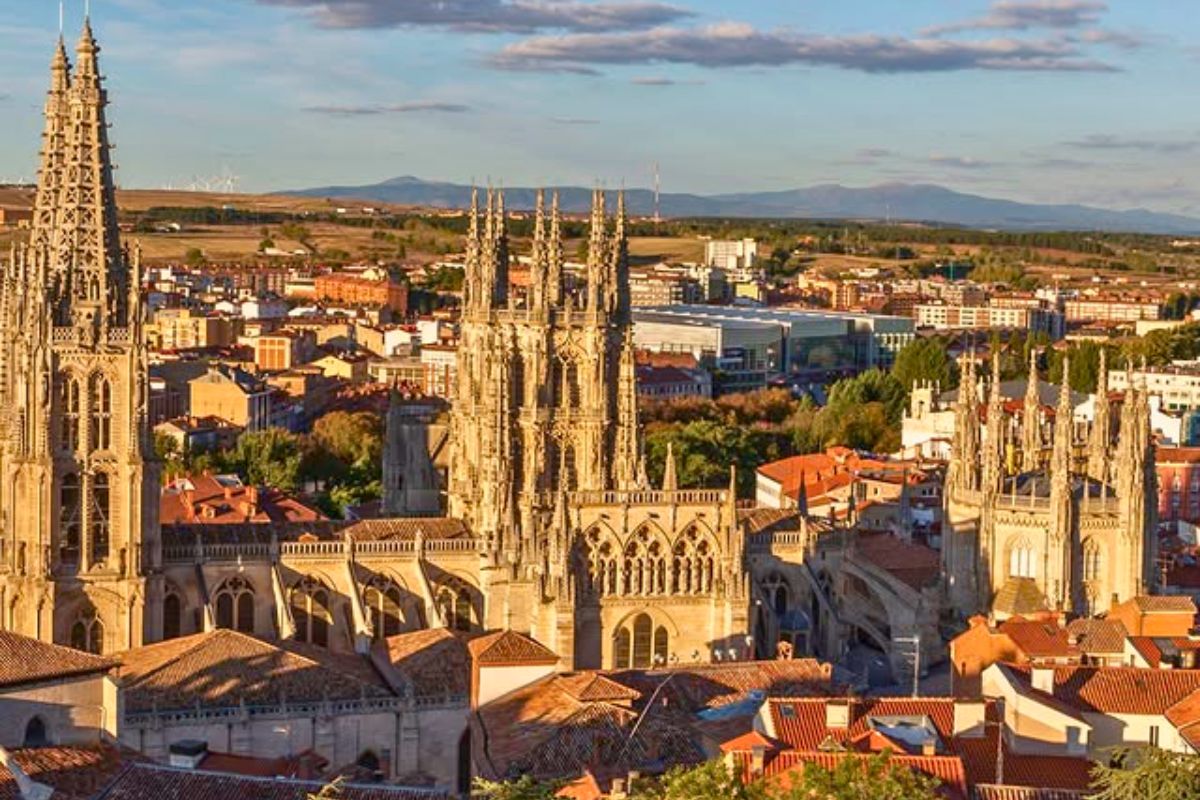Three-Year Spain Tourist Ban: What’s Really Happening?

Spain tourist ban concerns have surfaced despite the country’s reputation as the crown jewel of Mediterranean tourism. Spain has long held its position as one of the most visited destinations in the world. In 2024 alone, the country broke records, welcoming an astounding 94 million tourists. British holidaymakers led the charge, making up the largest share of visitors, drawn by Spain’s sunny beaches, rich culture, and world-renowned cuisine.
Yet, behind this tourism boom lies a mounting wave of discontent among locals, leading to claims of a so-called “three-year Spain tourist ban.” But what’s the truth behind the headlines? Let’s break it down.
Table of Contents
ToggleThe Hidden Cost of Overcrowding
Tourism in Spain is a double-edged sword. While the industry brought in an impressive €126 billion last year, the influx of visitors has taken a toll on local communities. Overcrowding, skyrocketing housing costs, and the loss of cultural identity in popular towns have sparked frustration among Spaniards.
For residents of cities like Barcelona, Seville, and Malaga, the rise of short-term holiday rentals has worsened the housing crisis. Many properties once available for long-term local rent are now catering exclusively to tourists, leaving locals struggling to find affordable homes.
The issue has reached a boiling point, with protests erupting in cities and islands alike, calling for government intervention. Authorities have listened, and in January, Malaga became the latest city to introduce measures to tackle the problem.
The Truth About Malaga’s “Spain Tourist Ban”
Let’s clear up the confusion: there is no outright ban on tourists in Malaga. Instead, what the city council has introduced is a three-year moratorium on new holiday rental registrations across 43 districts of Spain. This means no new properties can be listed as short-term rentals, particularly in the most overcrowded areas.
The aim of Spain tourist ban? To curb the growth of holiday rentals and ease pressure on the housing market, giving locals a better chance to find affordable, long-term accommodation.
It’s worth noting that existing holiday rentals remain unaffected, as long as they meet specific criteria. Only properties registered since February 2022 that lack separate access or amenities from those used by permanent residents may lose their licenses, according to reports.
In short, tourists can continue booking hotels, Airbnb, and other accommodations as usual.
Spain’s Wider Crackdown on Tourism
Malaga isn’t alone in tackling the challenges of mass tourism. Similar restrictions on holiday rentals rumoured in this Spain tourist ban have already been implemented in Alicante and Madrid, with Seville expected to follow suit soon.
Meanwhile, the Spanish government is introducing broader measures to address the housing crisis. Prime Minister Pedro Sanchez recently announced a 100% tax on property purchases by non-EU residents, aiming to curb foreign speculation in the real estate market. Taxes on holiday lets are also being raised, which could push up rental prices for tourists.
Additionally, tourists may notice stricter rules in other areas. A law passed in late 2024 now requires visitors registering for car hire or hotel stays to provide more detailed personal information, including bank details and home addresses. Though intended to aid police in tracking criminal activity, the regulation will impact many holidaymakers.
If you’re planning a trip to Benidorm, don’t expect a romantic midnight swim—local authorities have introduced fines of up to £1,020 for anyone caught on the beach between 12am and 7am, aiming to reduce disturbances.
Spain’s Battle Reflects a Global Trend
Spain tourist ban measures to tackle mass tourism are not unique. Countries worldwide are grappling with the unintended consequences of booming visitor numbers. Here are a few examples:
- Italy: Venice has introduced a day-tripper fee and limits on guided tours in the city’s historic center to protect its fragile infrastructure.
- South Korea: Seoul has enforced a curfew in Buckchon Hanok Village, restricting tourist access between 5pm and 10am to preserve the peace in its historic neighborhoods.
- Japan: In a bid to discourage unruly behavior, the town of Fujikawaguchiko near Mount Fuji erected a 2.5-meter-high black mesh net to block a popular viewpoint.
The Bigger Picture of Spain Tourist Ban
As Spain tourist ban balances the benefits of its tourism industry with the needs of its residents, the recent measures highlight an important reality: sustainable tourism is the future. While these regulations may inconvenience some travellers, they aim to protect the very essence of what makes destinations like Malaga, Seville, and Barcelona so special.
For holidaymakers, the message is clear: while Spain remains as welcoming as ever, respecting local communities and adapting to new regulations is key to ensuring that these incredible destinations remain vibrant and livable for years to come.
So, if you’re dreaming of a Spanish getaway, don’t cancel your plans just because of the rumoured Spain tourist ban—just be mindful of the evolving landscape and the importance of responsible tourism.
Published by Steve Philips
I am committed to crafting high-quality, unique articles that resonate deeply with readers, offering genuine value and insights. I aim to create content our audience will love and truly benefit from. View more posts







